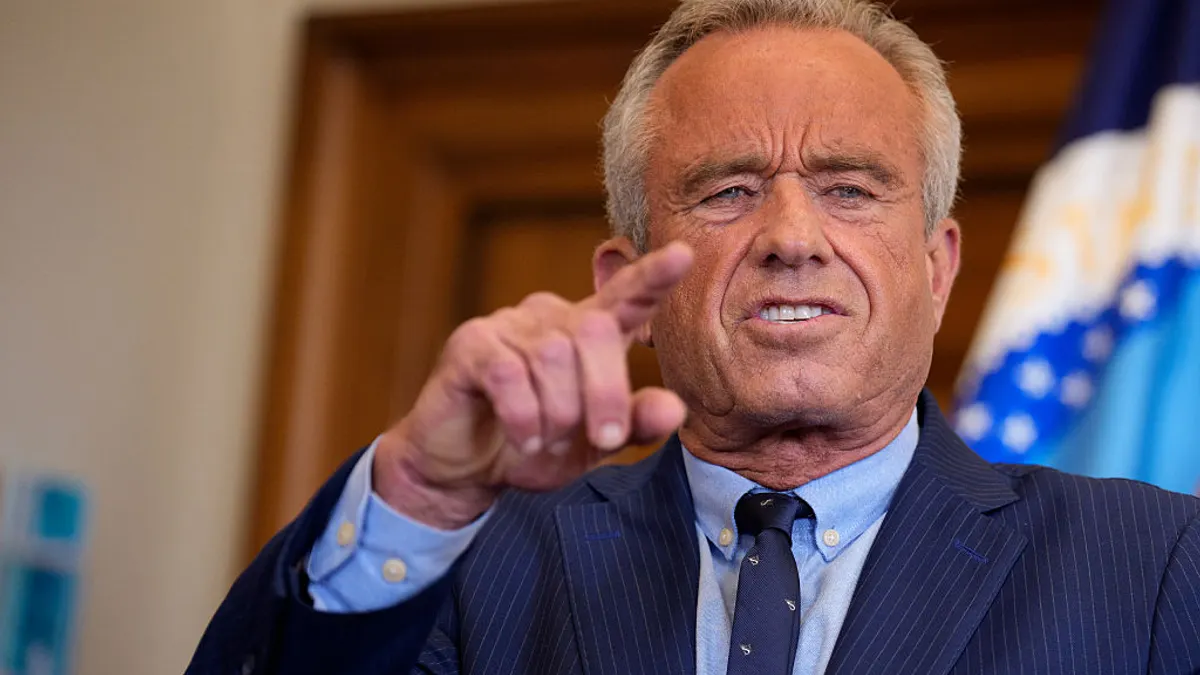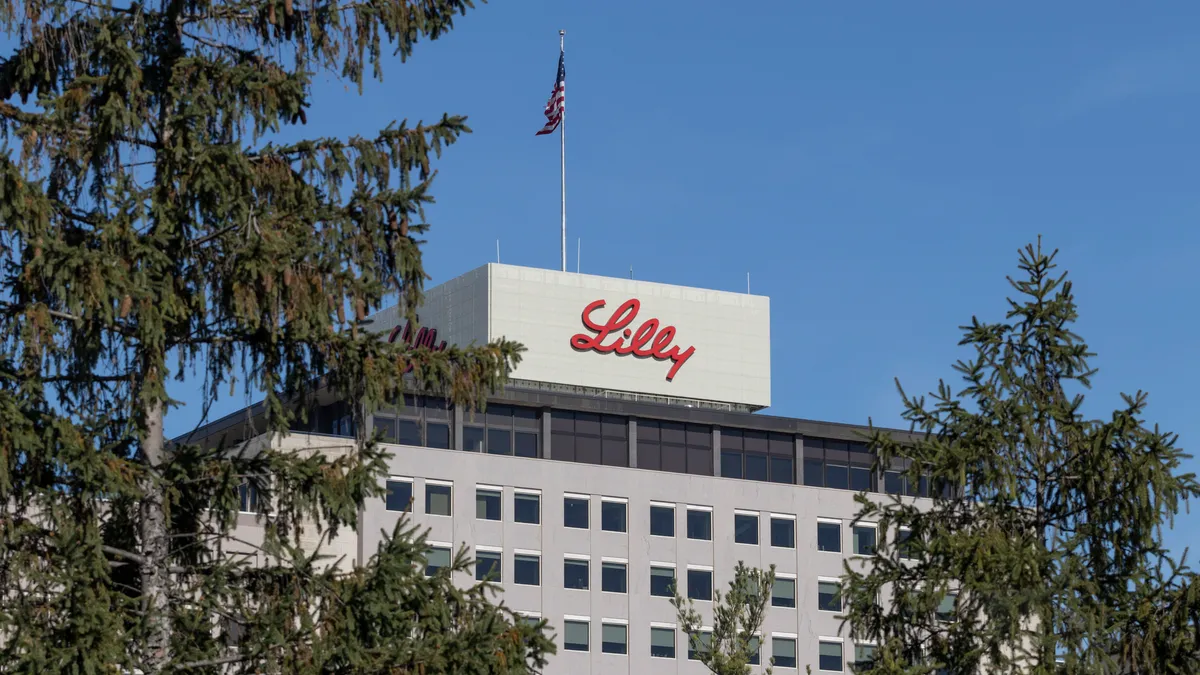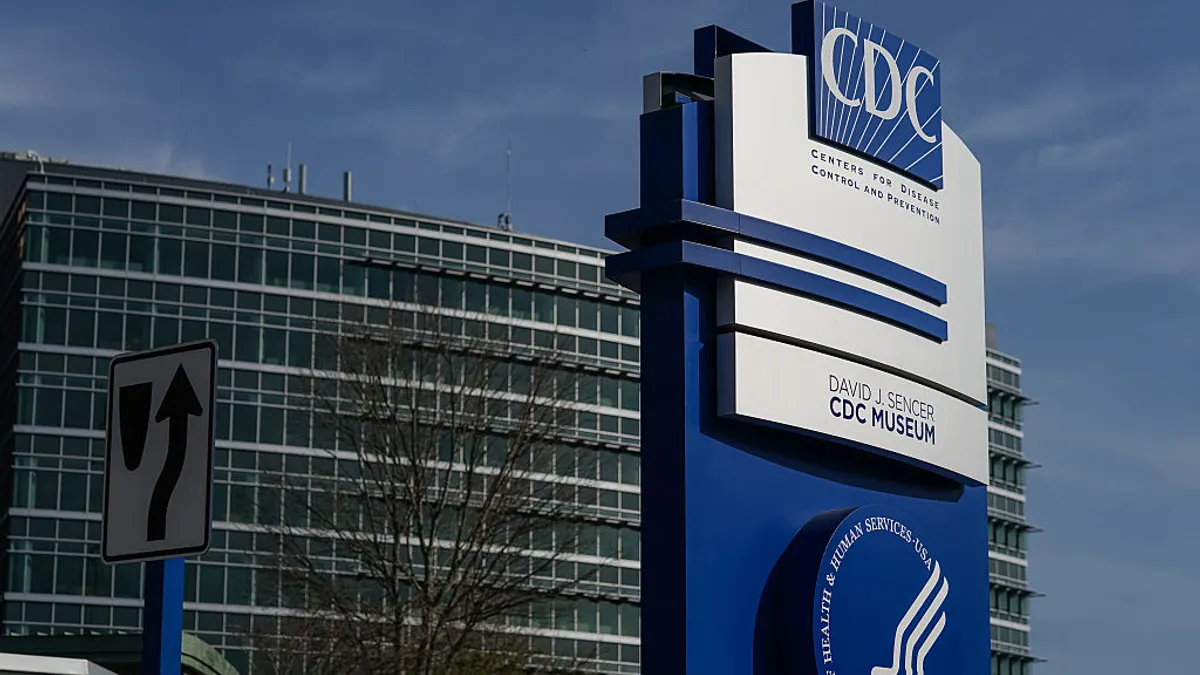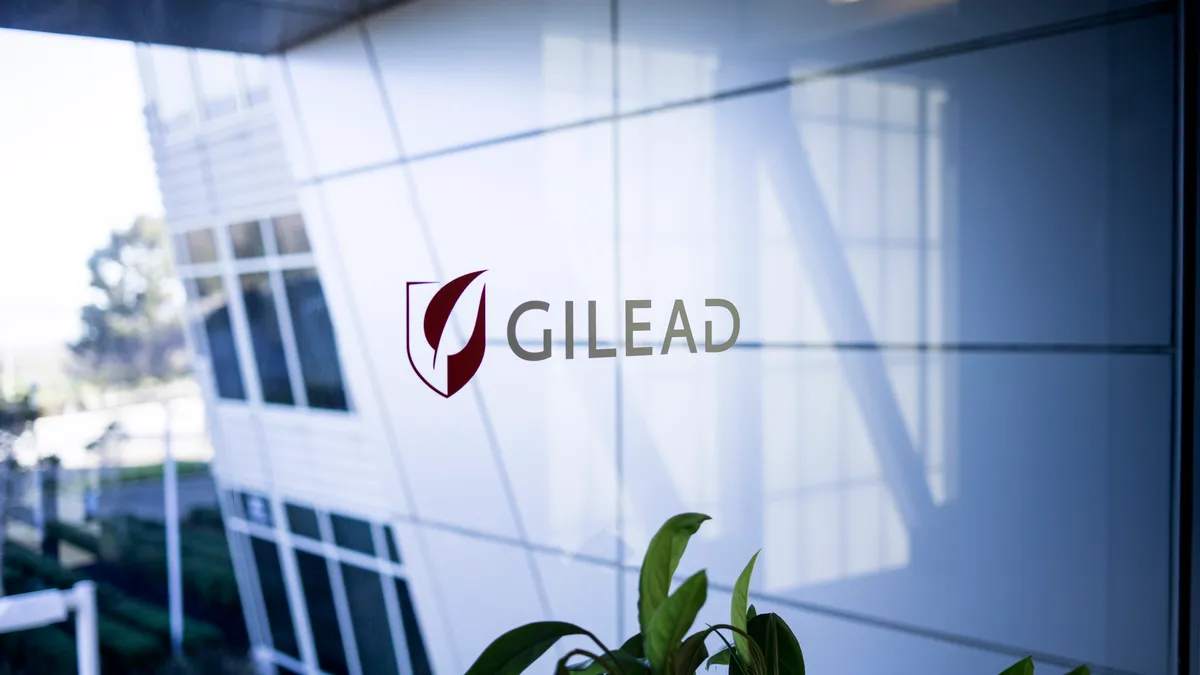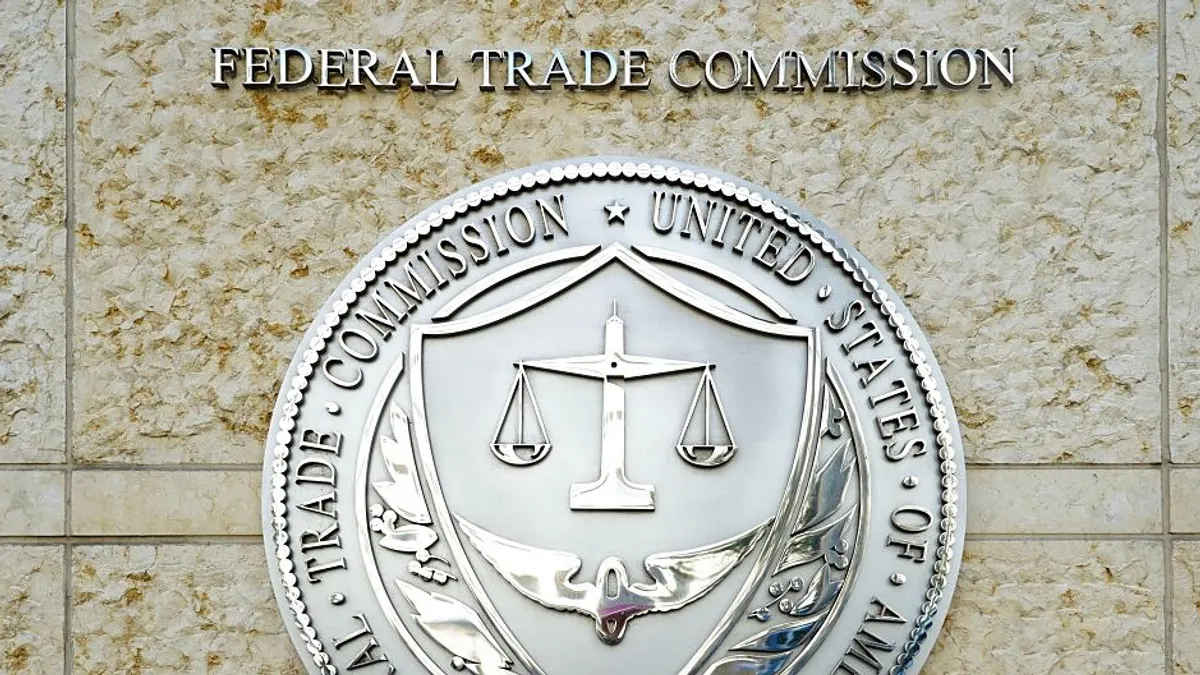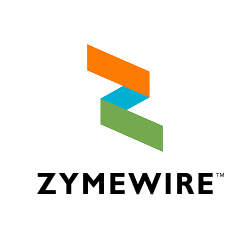A much-anticipated report from the Make America Healthy Again Commission was postponed earlier this month. But nestled within leaked documents is a strategy that reveals more about health leaders’ goals, including potential new oversight of pharma’s direct-to-consumer advertising practices.
DTC advertising has long been a target of Health and Human Services Secretary and MAHA leader Robert F. Kennedy Jr. While Congress has taken some interest in passing a ban on those ads, real reform hasn’t gained momentum.
In the upcoming report, health leaders may seek to crack down on DTC ads, particularly on social media where telehealth companies use “deceptive” marketing tactics, according to draft strategy documents published by Politico. The leaked draft strategy contains policy recommendations from a group assembled by President Donald Trump and Kennedy, and its objectives could change before the official version is published. The White House stated it delayed the report’s release to coordinate the schedules of officials involved in creating it, Politico reported.
The administration released its first MAHA report earlier this year that identified several problems in the nation’s food and health system, directing the commission to formulate policy ideas and plans to address those problems. The first report came under fire for factual errors and alleged use of AI.
Based on the draft strategy for the second report, pharma should brace for heightened scrutiny of DTC advertisements.
DTC oversight
In the past, Kennedy has suggested that pharma DTC advertising should be outlawed completely, but the drafted strategy appears to take a softer approach. Rather than seeking an outright ban, the recommendations are significantly less damaging to pharma’s status quo.
Listed under “policy reforms” within the draft, the focus on DTC advertising states that the FDA, HHS, the Federal Trade Commission and Department of Justice would “increase oversight and enforcement” under current laws for DTC prescription drug advertising violations. Instead of focusing on all media platforms, the agencies will "prioritize the most egregious violations,” such as those by social media influencers and telehealth companies.
“HHS/FDA likely lack statutory authority to prohibit DTC ads, but there are ways that the administration could pursue limiting DTC ads."

Jennifer Bragg
Partner, Latham and Watkins
While less strict than a ban, the proposal isn’t new, and some lawmakers want the FDA to crack down.
In February, U.S. Senators Dick Durbin, D-Ill., and Roger Marshall, R-Kan., introduced the Protecting Patients from Deceptive Drug Ads Online Act that would target social media influencers and telehealth companies by closing what they refer to as legal loopholes for pharma advertising. Oversight of telehealth companies by the FDA has been questioned for several years, according to legal experts at Foley & Lardner. The bill would clarify the FDA’s jurisdiction over telehealth companies that advertise prescription drugs.
The MAHA commission appears to also believe the FDA should be able to regulate these ads. But while the bill would impose civil penalties on telehealth companies or social media influencers who disseminate false or misleading drug information, the draft strategy doesn’t outline specific consequences.
The health agencies might not be able to enact a ban on DTC ads on their own.
“HHS/FDA likely lack statutory authority to prohibit DTC ads, but there are ways that the administration could pursue limiting DTC ads,” said Jennifer Bragg, partner at Latham and Watkins. “One such mechanism would be requiring more robust disclosure of a drug’s side effects by amending FDA’s regulations … to require the ‘true statement of information in brief summary’ to more exhaustively discuss side effects, perhaps for a predetermined period of time in any advertisement or promotional communication.”
A ban isn’t entirely out of the question — it just may come from Congress rather than health agencies. Earlier this year, lawmakers introduced a bill that would ban DTC ads called the End Prescription Drug Ads Now Act. The bill was referred to the Senate Health, Education, Labor and Pensions in June before Congress recessed for the summer, and the earliest action wouldn’t come until after the legislature reconvenes in September.
DTC evolution
As the reform discussion heats up and the MAHA Commission finalizes policy plans, drugmakers continue to approach DTC marketing in new ways.
Several companies, including Pfizer, Eli Lilly and Novo Nordisk have launched DTC channels where patients can reach healthcare professionals and receive prescriptions. And last week, AstraZeneca launched its own DTC delivery platform for its self-administered flu vaccine, FluMist.
The Trump administration has also sought to limit pharma industry middlemen and lower drug prices by asking companies to sell their products directly to Americans at the same price that other nations pay.
If reforms from either the health agencies or Congress come to pass, it’s likely pharma will fight back through legal challenges.
“The avenues to challenge such a reform depend on the precise mechanism implemented,” Bragg said. “Either way, this is a hotbed area for 1st Amendment challenges given the protections afforded to truthful, non-misleading speech, including commercial speech.”



